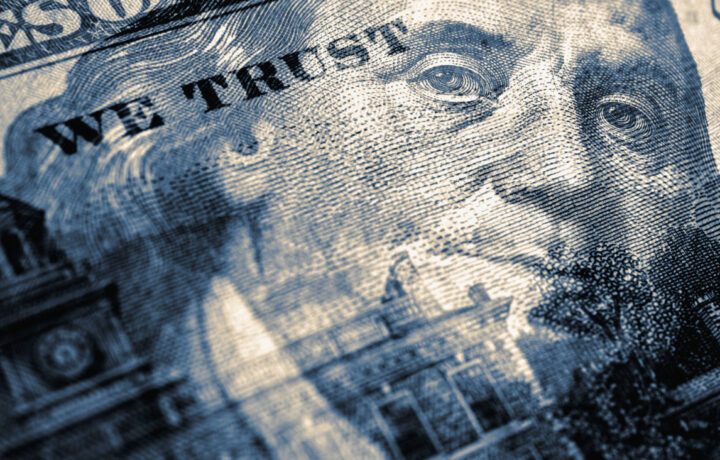The Department of Justice announced the arrest of John Harold Rogers, 63, a former Senior Adviser for the Federal Reserve Board of Governors (FRB), who is charged with conspiracy to commit economic espionage and making false statements. The charges stem from his alleged involvement in stealing confidential Federal Reserve trade secrets to benefit the People’s Republic of China (PRC).
Rogers, an insider by virtue of his role as a senior advisor to the FRBG had privileged access to the sensitive discussions, decisions and projections of the Board of Governors, which would be of keen interest to China given that China holds over $815 billion of U.S. foreign debt.
“The Chinese Communist Party has expanded its economic espionage campaign to target U.S. government financial policies and trade secrets in an effort to undermine the U.S. and become the sole superpower,” said FBI Assistant Director in Charge David Sundberg. “Today’s indictment represents the FBI’s unwavering commitment to protect U.S. national security interests and U.S. jobs and to bring to justice those who are willing to betray their country for personal gain.”
Key Espionage Allegations
- Rogers conspired with individuals connected to China’s intelligence and security apparatus who posed as graduate students at a PRC university.
- He allegedly exploited his position at the FRB to obtain proprietary economic data, internal deliberations on tariffs targeting China, briefing books, and Federal Open Market Committee (FOMC) discussions.
- The stolen information had economic value and could help China manipulate U.S. markets, similar to insider trading.
- Rogers allegedly transferred sensitive data electronically to his personal email and carried printed documents to China, where he met with his co-conspirators in hotel rooms under the pretense of teaching “classes.”
- In 2023, Rogers was paid $450,000 as a part-time professor at a Chinese university, raising suspicions about his financial incentives.
Rogers served as senior advisor from 2010 until 2021. His perfidy began in 2013 when he was approached by Chinese intelligence officers posing as Chinese students interested in economic policy. Rogers, who has a PhD in economics, was recruited and fully collaborated with his Chinese interlocutors over the course of their formal engagement, which continued into January 2025. The allegations of collaboration are bolstered when one learns of the many instances of his fishing for sensitive data from his Federal Reserve colleagues, which would normally be outside of his purview. These actions alone should have triggered action within the insider risk management program at the Federal Reserve, given the many years of sustained engagement by Rogers.
The Rogers indictment details numerous instances of his being responsive to his Chinese handlers. In addition, the indictment points out that Rogers was instructed to use “encrypted messaging applications to communicate” when providing his responses to tasking and logistics concerning face-to-face meetings in China. Those meetings in China used the cover for action of his teaching classes in China.
He was initially contacted via an email used by a Chinese intelligence officer in May 2013, and 16 months later he is visiting China on the Chinese dime. By 2017, he was soliciting financial support to travel to China from the Chinese.
Federal Reserve investigates
In 2020, Rogers lied to the Federal Reserve Board Office of Inspector General (OIG) about his actions and ties to his Chinese co-conspirators. His false statements materially impacted the investigation, delaying efforts to uncover the extent of his collaboration with the Chinese.
Specifically, the indictment tells us that during an interview in February 2020, he admitted to having been conacted in 2013, offered money, yet having demurred. The OIG asked Rogers, “Why not just remove yourself from the situation?” To which Rogers responded, “No, I did.” Explaining that he told he set the Chinese straight and told them, “Don’t put this money in front of me” He also responded, falsely, when asked if he had provided any restricted Board information. To which he responded, “Never.”
In 2023, Rogers solicited from colleagues two spreadsheets, identified as “trade secrets” in the indictment. He also received approximately $450,000 as a part-time professor at a Chinese university. Good money for a part-time professorship, if you don’t mind selling out.
Rogers faces up to 15 years in prison and a fine of $5 million for committing economic espionage and an additional five years for making false statements.



